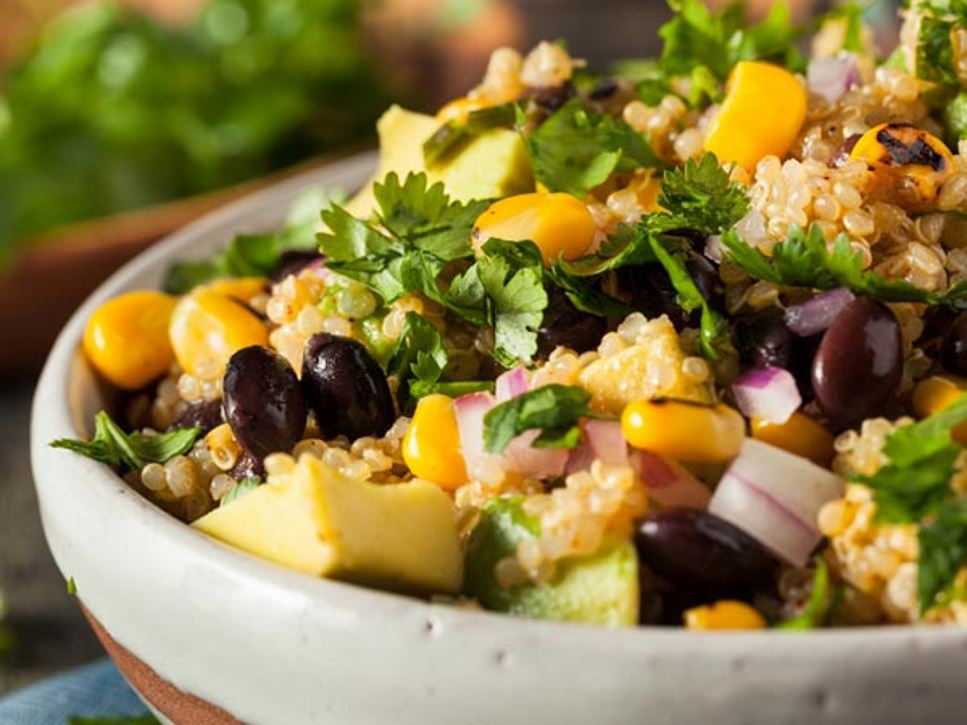Going vegetarian for one day a week for health or religious reasons is a small change that can improve your health and the environment. Going light on meat was the norm a few generations ago when meat often was consumed as side dish portions, while nutrient-rich beans and lentils, vegetables and whole grains took center stage.
Don't Just Cut Back — Add to Your Diet
Eating no meat one day a week is not only about subtracting from your diet, but adding to it. Eating more whole grains, beans and lentils, and vegetables on your meatless day offers many health benefits.
Including more whole-grain, unprocessed carbohydrates — such as whole-wheat bread, whole-grain pasta, brown rice, oats, buckwheat, quinoa and millet — can help prevent heart disease, certain cancers and diabetes. Experimenting with a new grain choice on your next meatless day can help provide a variety of vitamins and minerals that contribute to the nutrient density of your diet.
Americans regularly eat more than enough protein, and including beans or lentils in meat-free meals helps maintain an adequate protein intake. Beans and lentils provide about 16 grams of protein per cup cooked and also are a source of dietary fiber, folate, iron and potassium. These nutrient-rich foods also are sources of manganese, magnesium, copper and thiamin.
Vegetables are nutrient powerhouses and add color and texture to your meals. Try leafy greens such as kale, collards, bok choy and broccoli for plant sources of calcium.
References
Find a Nutrition Expert
Looking for credible nutrition information and recommendations? The Academy of Nutrition and Dietetics' network of credentialed food and nutrition practitioners are ready to help!


